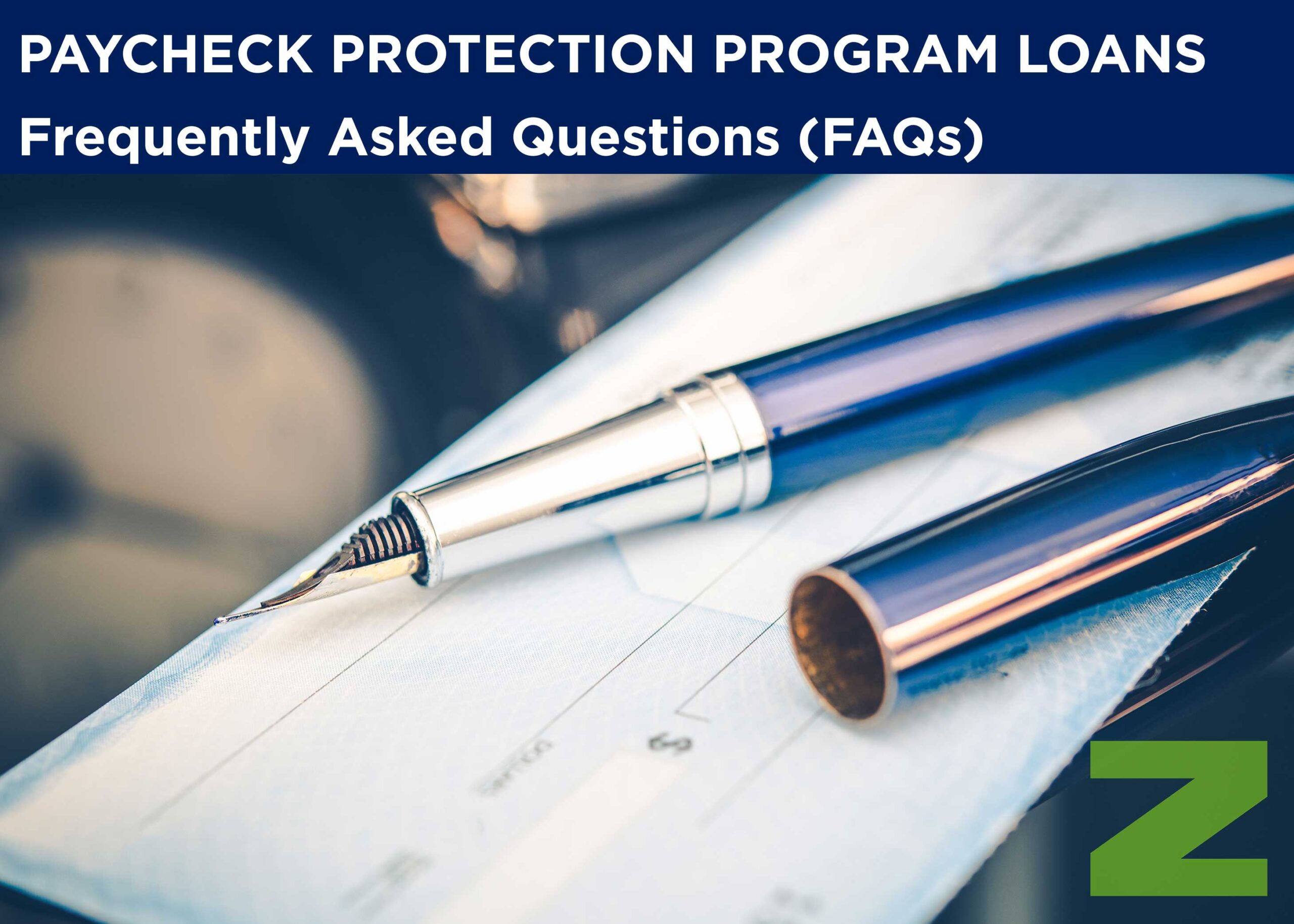The Trump administration has made immigration reform a top priority, and that includes a careful look at who employers are hiring. If you do not know what a Form I-9 is, or if you are unsure how to complete one properly (or not sure if your organization has someone who knows), take heed. Federal law requires every employer to verify that each of their employees has authorization to work in the United States. That means your organization should have a completed Form I-9 for every employee.
The penalties for employers who fail to comply range from $375 to $16,000 per violation. Neglecting your responsibility to collect and properly store completed form I-9s can be an expensive mistake, especially given the increasing likelihood of an audit by U.S. Immigration and Customs Enforcement (ICE).
One of the most recent ICE raids exemplifies this administration’s renewed efforts to ensure that U.S. businesses only hire workers with the legal right to work in the United States. On Wednesday, January 10, ICE agents raided 98 7-Eleven stores in 17 states and arrested 21 undocumented employees. The investigations started years earlier at franchise locations in New York and Virginia where managers had used stolen identities to employ at least 100 people who did not have proper authorization to work in the United States. 7-Eleven has since terminated the franchise agreements of franchisees convicted of violating these laws. ICE officials warn employers of all sizes to expect more compliance inspections.
The best thing you can do is simply be ready. The best way to get ready is to conduct your own audit before ICE calls:
1. Do you have a properly completed I-9 for every employee?
2. Do you have a separate secured file to store those I-9s and the supporting documentation you gathered?
3. Have you designated and trained someone in the company to be the contact should you receive a Notice of Inspection?
Completing I-9s: To access the latest form I-9 from the U.S. Citizenship and Immigration Services (USCIS) website, click here. You will also find helpful instructions and information, including a detailed downloadable guidebook for properly completing I-9s.
Correcting I-9s: Part of your internal audit should be to check the I-9s you have on file to ensure they have been completed in accordance with the instructions given at the end of the form. If you find errors, these may be corrected, but the corrections must be noted carefully. For example, a misspelling can be corrected by drawing a line through the incorrectly spelled word and writing the correct spelling above it using a different color ink. Be careful that you never render the original mistake illegible (no erasing or using white out). Date and initial all such changes using the current date. If more extensive corrections are needed, fill out a new form (using the current date) and attach the old form to it with a brief note of explanation. Keep that in the I-9 file so that an ICE agent would be able to “follow the trail” of corrections.
Storing I-9s: Employers must retain and store Form I-9 either for three years after the date of hire or for one year after employment is terminated, whichever is later. The form must be available for inspection by authorized U.S. Government officials from the Department of Homeland Security, Department of Labor, or Department of Justice. Since you will have just three business days to produce the forms for inspection, it is best to keep all I-9s and the supporting documentation in a secured, separate file that is easily accessible should you receive a Notice of Inspection from ICE.
What about E-Verify: E-Verify is an internet-based system that has been used voluntarily by thousands of employers since it was introduced in 1996. This system, administered by USCIS, verifies the Social Security numbers provided by newly hired employees by checking them against Social Security Administration and Department of Homeland Security records. This allows participating employers to ensure, in a matter of minutes, that their new hire has the necessary authorization to legally work in the U.S.
A 2009 presidential Executive order required federal contractors to use E-Verify for employees working under covered federal contracts. According to a statement on the USCIS website, this action “reinforces Federal government policy that the Federal government does business only with organizations that have a legal workforce.” In addition to this federal requirement, at least 21 states have laws that require the use of E-Verify by certain public and/or private employers. Seven of those states require the use for most employers. If you are one of those employers either voluntarily using E-Verify, or required to use the system, be sure you have the required poster hanging in a conspicuous place where job applicants will see it. That poster is available for free download through the E-Verify system.
In keeping with campaign promises, last October President Trump submitted to Congress a list of 70 action points designed to reform and enforce immigration laws in the U.S. Included on that list is the requirement that all employers use the E-Verify system for all new hires. Though this change is not likely to pass through Congress any time soon, it is an issue we are watching.
Disclaimer: The information provided on this web site is for informational purposes only and not for the purpose of providing legal advice.





